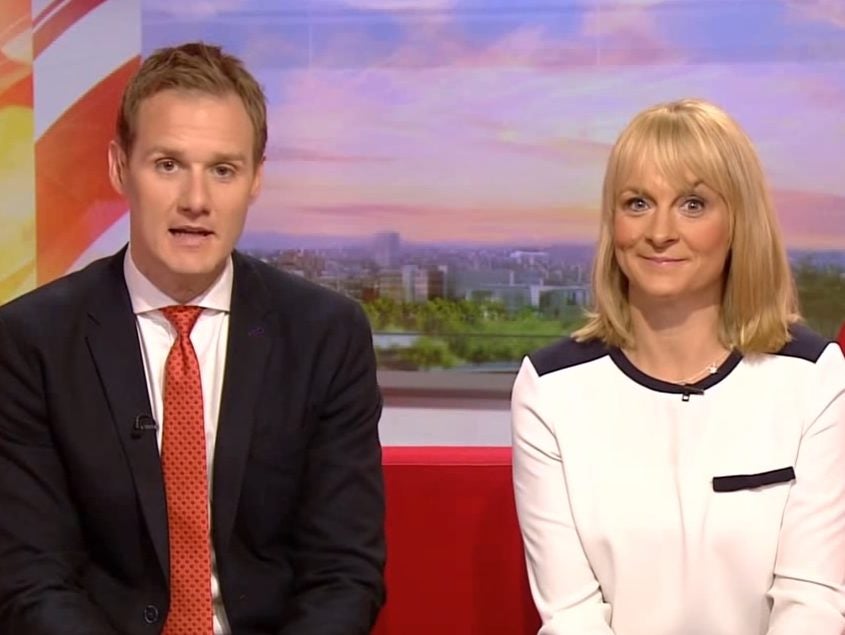
Women journalists are paid 7.2 per cent less than men who hold similar positions, according to new figures from the Office of National Statistics.
The figure, which includes full and part-time journalists, is revealed in the Annual Survey of Hours and Earnings 2016.
The survey also reveals that women hold 41 per cent of roles in journalism, including periodical and newspaper editors.
Female journalists and editors earn £16.30 an hour overall, according to the data, an increase of 6 per cent on last year.
That compares to the £17.57 an hour overall paid to their male counterparts, an increase of 0.7 per cent on the year before.
When only full-time jobs are counted, the pay gap for journalists and editors increases to 7.8 per cent, with women earning £16.24 an hour and £30,141 a year, while men earn £17.61 an hour and £34,462 a year.
When it comes to part-time roles as journalists and editors, women are actually paid more than men, with a pay gap of 4.1 per cent in their favour.
Women earn £16.70 an hour as part-time workers, while men earn £16.04 an hour and £18,526 a year.
The gender pay gap does not necessarily show differences in rate of pay for comparable jobs.
The average yearly earnings for a man are £32,828 a year, however a comparable figure is not given for women.
The pay gap for journalists and newspaper and periodical editors is well under that given for all professions in the UK, which stands at 18.1 per cent.
The figures are estimates based on a 1 per cent sample of jobs taken from HM Revenue and Customs’ Pay As You Earn records. The pay gap is then calculated using median hourly pay rates (excluding overtime).
The ONS says the underlying causes for the gender pay gap may include more women working in lower paid jobs, women being more likely to work part-time – which can mean a lower rate of pay – and women being under-represented in senior roles.
This may be due to stereotypical attitudes about gender roles, lack of flexible working or women taking time to look after their family, according to the ONS.
Annual Survey of Hours and Earnings 2016 UK, source: Office of National Statistics:
Email pged@pressgazette.co.uk to point out mistakes, provide story tips or send in a letter for publication on our "Letters Page" blog
